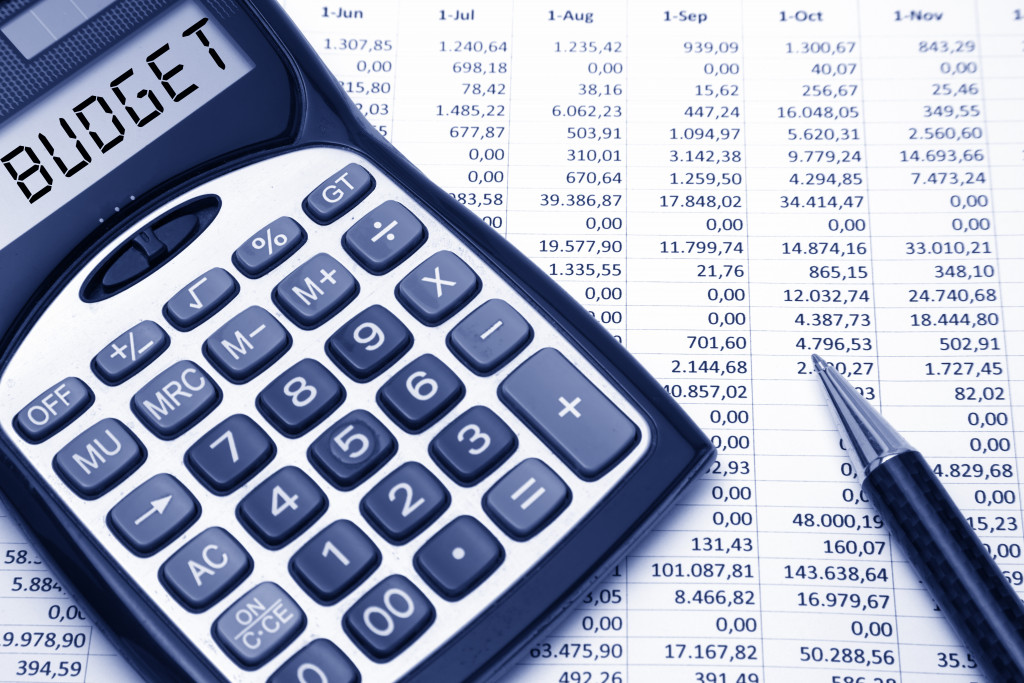- Create a budget plan to understand your income and expenses.
- Take care of your credit score by paying bills on time and keeping a low debt-to-credit ratio.
- Consider credit control solutions for better budgeting and managing expenses.
- Prioritize essential expenses such as groceries, housing, and utilities.
- Automate your savings and other costs to stay on track with your goals.
As a modern man and professional, you understand the importance of building a solid financial foundation. Managing your expenses effectively is an essential component of achieving financial stability. Yet, sometimes it seems like there is just not enough money to go around. Here are some ways how you can successfully manage your expenses and lay the foundation for a secure financial future.
Take Care of Your Credit Score
As your credit score is essential in obtaining the best interest rates on loans, it is crucial to take good care of your credit. Make sure to pay all of your bills on time and keep your debt-to-credit ratio low. Monitor your credit regularly to make sure your score is in good shape. Here are some tips on how to successfully take care of your credit score:
Pay Bills on Time
One way to ensure that you maintain a good credit score is to pay your bills on time. Staying organized and paying all bills before their due date is essential.
To make it easier, set up automatic payments or reminders so that you never miss a payment. Additionally, avoiding late fees by paying bills on time will help you save money in the long run.
Consider Credit Control Solutions
The use of comprehensive credit control solutions is a great way to manage your score effectively. Such solutions allow you to better understand your financial situation and make informed decisions.
They track spending behavior and provide detailed insights into how money is being used. They also offer guidance on how best to manage debt and budgeting for future expenses.
Monitor Your Balances
The importance of monitoring your balances should not be overlooked. Staying on top of your accounts is essential for staying within your budget and avoiding costly overdraft fees. Set up monthly alerts or notifications to ensure that you are aware of all the activity in your account, such as deposits, withdrawals, and payments made.

Prioritize Your Expenses
Once you have a clear picture of your financial situation, prioritize your expenses to determine which fees are essential and which are not. By prioritizing expenses, you can decide which expenses you can cut back on to free up some extra cash. Here are some essential payments that you need to focus on:
Food Expenses
One of the most critical essential expenses that should be prioritized is food expenses. Food is necessary for good health and well-being, and having an adequate budget for groceries every month is vital. When creating a budget plan, make sure to include all the items you need so that your family has access to nutritious meals.
Housing Expenses
Housing expenses are also a significant expense to prioritize. Rent or mortgage payments, taxes, insurance, and other housing fees should be considered when budgeting. It is vital to make sure that you have enough money saved to cover all of your housing costs in order to maintain a safe and secure environment for yourself and your family.
Utility Bills
Utility bills such as electricity, gas, and water should also be taken into account when budgeting. It is crucial to make sure that you are paying the correct amount for these essential services and that you are able to pay your utility bills on time. Furthermore, implementing energy efficiency solutions in your home can help you save money on utilities in the long run.

Automate Savings
One of the simplest and most practical ways to save money is to automate the deed. This means setting up automatic monthly transfers from your checking account to your savings account.
This not only helps you save money but also keeps you disciplined. With automation, you don’t have to worry about forgetting to transfer money, and you can watch your savings grow over time. For instance, you can set up an automatic transfer of 10% of your paycheck to your savings account each month.
You can also automate other expenses, such as bills and investments, if possible. This will help ensure that all your payments are made on time and that your funds are appropriately allocated to help you reach your goals.
Building a solid financial foundation takes time, discipline, and perseverance. However, by following these steps and committing to good habits, you can take control of your expenses and lay the foundation for a secure financial future. Whether you’re building a nest egg for the future or saving for a big purchase, managing your expenses effectively is an essential component of financial success. So, take charge of your finances and start building your financial foundation today.




